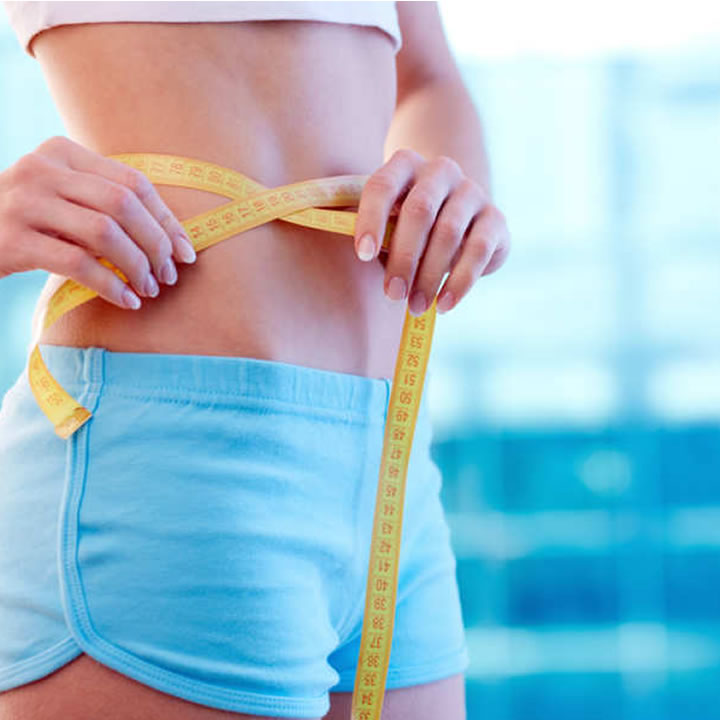The weight-loss world can be bewildering. Even the experts seem to contradict on what foods to eat and what foods to avoid. Whatever direction you go, there are some ways to approach eating itself that can help you see results. The following tips below will help you eat smarter and watch the pounds fall.
Eat Smaller Portions
Most of us have a skewed concept of what a serving size is, particularly when it comes to grains and meats. Restaurant portions are often enough for at least two meals. There are various ways to tackle this hurdle. Some find success in using smaller plates and bowls at home, as they can still fill their plate but it comes out to less food. Many start to weigh or measure their food. We often underestimate our serving sizes when we rely on eyeballing it.
Focus On Your Eating
With the abundance of screens in our culture and pressure to be constantly productive, we often eat distracted. It will be quite the habit to break, but put the phone down, move the paperwork aside, or turn the TV off. Get off the couch or computer chair, and go to a table. While you’re eating, focus on eating – not work, not entertainment. Studies show that you will consume as much as half as many calories compared to if you eat distractedly.
Slow Down
It takes time for your body to communicate to your brain that you’ve had enough to eat. Have you ever experienced a time when you were eating too much too quickly but felt fine while eating, but then suddenly felt miserable and overly stuffed? By the time your brain realized that you were full, you had already downed another helping. Chew your food slowly! Give your body time to register what you’ve already eaten. Studies show that chewing more slowly will help you eat fewer calories and even boost the production of hormones necessary for weight loss.
Keep A Food Diary
Whether you use a notebook or a phone app, writing down everything you eat during a day is a powerful tool. When first starting out on your weight loss journey, even prior to making any changes, track a few days worth of eating. The information will be insightful and eye-opening and help you see which small changes will have the biggest effect. Later on, logging your food will help you keep on track. If you hit a weight loss plateau, make sure that you’re logging every single thing consumed, even the oils you cook with! It is incredible how much all those little things add up.
Change Your Cooking Methods
Healthy eating often means upping your cooking game. Cooking is a vital and necessary skill that prepackaged foods and box meals have robbed from many. Chicken breasts, for example, are a cost-effective and nutritious protein that can be seasoned in a limitless amount of ways. So, take the time to learn how to cook them in a way that doesn’t dry them out. Learn how to bake, roast, and steam your foods. Experiment with seasonings. Try to move away from frying foods, or look into using an air fryer to get a similar effect with substantially fewer calories.
Drink Water
This diet tip packs a punch, regardless of how you approach healthy eating. Drinking water noticeably boosts metabolism for a few hours. It also fills you up, and studies have shown that drinking a half-litre of water before meals reduces the number of calories consumed and, in turn, bolsters weight loss. Staying well-hydrated will also keep your blood sugar and sodium levels steady, keeping you from turning to quick sugars and carbohydrates.
Watch Your Caffeine Calories
Coffee and teas are sometimes unfairly given a bad shake. High-quality coffee and teas have a high amount of antioxidants and can have a number of health benefits. Moderate amounts of caffeine also boost metabolism and can increase fat burning. Coffees and most teas are virtually free of calories – but we sure do love to add those calorie-rich things to them! To be healthy, you don’t need to ditch your caffeine fixes. Just work on cutting the sugars and creams out of your daily cup.
Keep Healthy Snacks On Hand
When you’ve had a busy day and just need a quick snack, that’s when the best intentions often fall short. Keep a few steps ahead by having healthy snacks prepped and on hand. Cut up your fruits and vegetables when unpacking your groceries. Boil up a dozen eggs. It doesn’t take any more time to open a cheese stick than it does to open a package of cookies. Your snacks don’t have to be Instagram-perfect smoothies or yoghurt concoctions – they just need to be quick, available, and healthy.

